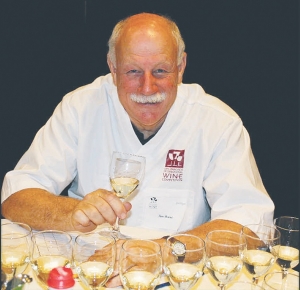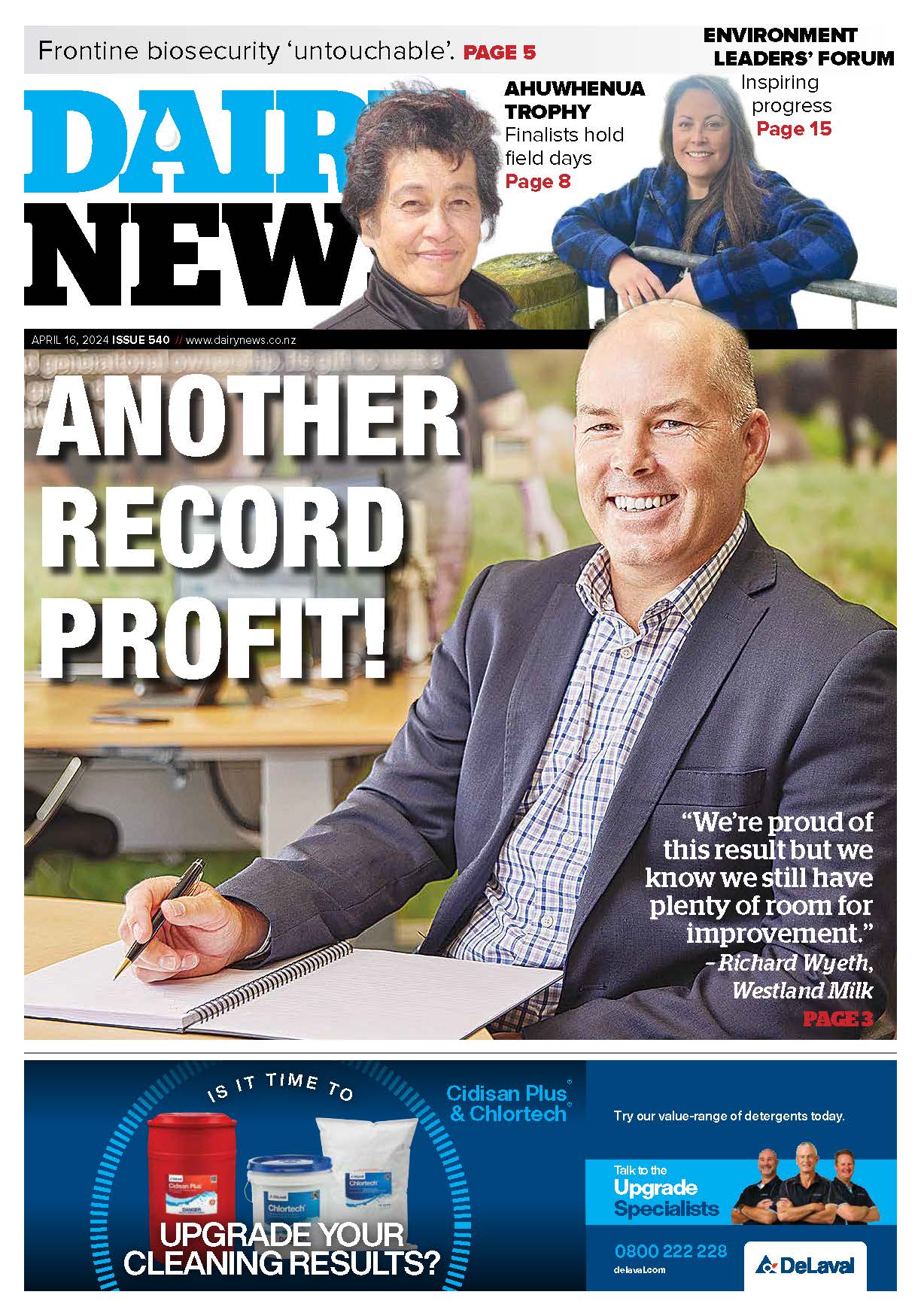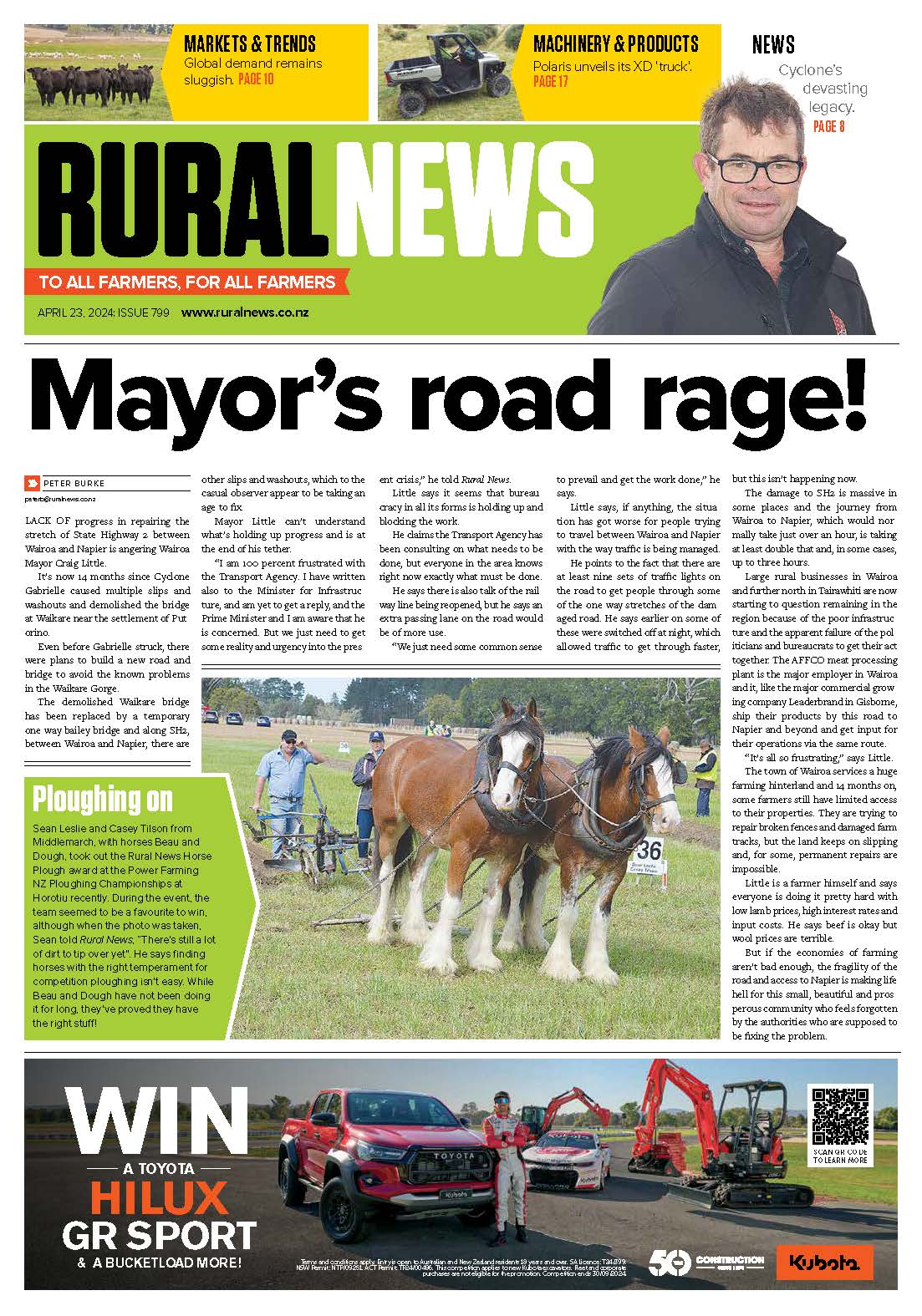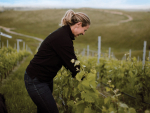Now don’t get me wrong, I believe in the show system and judge in quite a number of them, and managed properly by the winery, wine competitions are capable of adding value to the winery both in qualitative assessment and the marketing of the wines. In some instances the easiest way to get your name out there is to leverage off the show success of your wines.
Wine shows are not infallible, the result will always be a consensus decision of three judges who have independently tasted the wine and then argued to an agreed consensus view based on how they saw the wine on that day and in that glass. In 20 years of judging, I have always been impressed how often there is complete consensus and how consistent the results of wine shows in New Zealand are. Like Australia we currently have a great pool of very high quality, well-trained professional judges who judge regularly in most of our competitions.
So often the question is, should I enter wines into shows and which ones will provide the best return? Unfortunately there is no easy “one size fits all” answer, but there are some considerations that should be weighed up when deciding which competitions to enter.
If entering New Zealand competitions, are you looking to benchmark your wines in the pursuit of quality or provide the consumer a guarantee of the quality of the wine (often these are one and the same) or to drive forward sales? Competitions such as the Air New Zealand Wine Awards and the Royal Easter Show provide both prestige and visibility, with an Air New Zealand Wine Award’s Trophy winner recently experiencing a 300% increase across all of their brands in Cellar Door sales. Consumers recognize the award stickers from both these shows and relate to the quality endorsement they provide. Similarly competitions such as the International Wine Show and the Spiegelau Wine Competition are great shows to benchmark your wines against international wines. For direct sales of wines, the Cuisine tasting is recognized by consumers as a great endorsement and the top 50 wines selected at the New World Wine Awards ( a little disclosure here; I am the Chair of Judges) are a guaranteed six weeks marketing, exposure and sales through the New World Supermarket chain nation-wide.
Regionally there are a number of very well run shows that create local exposure, give importers a good look at what is coming out of a region and are often accompanied by a public exhibition of the wines. Good examples of these shows are the Gisborne Wine Competition, Marlborough Wine Show, International Aromatic Competition as well as some of our regional A and P shows and specialist shows such as the Bragato Wine Awards which is focused on being a single vineyard competition rather than the wine producer competition.
International competitions are often quite different in their organization, structure and the benefits available to New Zealand producers. Other than a third party endorsement, the major benefit from International competitions comes from the export potential their exposure provides. If you are exporting into the UK or European markets then the two biggest competitions are the Decanter World Wine Awards and the International Wine Challenge (IWC). These are important awards as the judges are often journalists or members of the wine trade who have an in depth understanding of the markets, what will sell and are often themselves involved in the sales of New Zealand wine.
I have judged in both competitions and continue to judge at the IWC, both are quite different in structure. Decanter has specialist panels that only judge the wines of a specific country while the IWC has panels that are changed every day and judge a range of wines from all countries and regions. In theory having a group of New Zealand wine experts judge your wine makes sense although in my experience, more often judges were put on the New Zealand panel to fill places rather than for their expert knowledge of New Zealand wine! Since I last judged in the Decanter Awards, Bob Campbell has taken over as Regional Chair, the first time a New Zealand based judge has held the position which is a positive move for New Zealand wine in that competition.
The IWC operates on a different system where in the first half of the competition, all the wines are judged as medal or no medal, then all of the medal wines are re judged and awards given. In addition to this the IWC has five Chairs who re taste every wine judged “no medal” in the first round to make sure that nothing is missed and then every medal wine in the second round to make sure the medals reflect consistency across the competition. So every medal winning wine has been judged at least three times by separate panels. Both these competitions employ a great collection of the worlds best judges.
Two competitions in Asia that stand out are the Japan Wine Challenge and the China Wine Challenge, both are owned and run by Ronald Brown a winemaker who originally hails from England and has spent most of his working life in the Asian Wine and Spirits trade. The point of difference with these two competitions is the use of International Panel Chairs. There is a strong training component within the panels; the local judges who tend to be sommeliers, wine buyers and importers all have great palates but are developing their judging experience. These are palates that enjoy the vibrancy of New Zealand wine and in their daily lives are often buyers looking for wines to put on restaurant lists or importers; a great opportunity for New Zealand producers in these markets. Both these competitions have a charity component; raising money in China to finance the digging of fresh water wells in a project called Wine into Water and in Japan working with the competition’s Patron, Her Imperial Highness Princess Takamado.
Whatever competition you enter your wines, select the wines that are the most appropriate to the competition. The role of the judges is to asses the quality of the wine not the style, make sure you have the stock volume required to leverage the marketing ability of the Competition; this will require the involvement of both the sales/marketing teams and winemakers and check that the competition is supported where you intend to market your wines.
There is no point in winning a Gold medal in a competition if your retailer won’t allow you to use the medal stickers as it has a tie-in with a competing competition.
Wine competitions if managed properly, are a cost effective way to benchmark the quality of your wines and also add to your marketing profile, but just like any other part of your business, it’s about applying good background research and entering those competitions that will provide value to your brand. The most expensive part of a Wine Show is taking advantage of your good results so as to gain both sales and brand leverage. This will involve advertising and marketing the result; competition organizers and sponsors can only do so much, the rest is up to you. ν
• Jim has been a wine judge for over 20 years and regularly judges in most New Zealand competitions as well as internationally in USA, China, Japan, UK and Australia.












